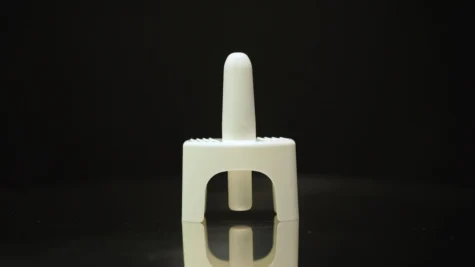“You are not your addiction; to me, you are the symphony of reasons to hope, and that melody keeps me company in your absence.” – Anonymous
Support from family can have a tremendous impact on a person’s path to recovery and beyond. If you are supporting a loved one or are part of someone’s support network during recovery, this article will explain why family support matters and will provide some practical ways you can help.
Why Family Support Matters in Recovery
There are several ways that family support matters in recovery. When family members participate in the recovery process, people are more likely to stay in treatment, their rates of relapse decrease, and abstinence rates increase, all contributing to better chances of long-term recovery. For people with mental illness, family support has been linked to better medication adherence, reduced stress, and fewer psychiatric symptoms. If your family has a history of mental illness or drug and alcohol use, being open with your loved one can help them feel less alone. Simply talking with your loved one and demonstrating compassion and empathy towards them will make them feel your support.
5 Ways The Family Can Help During Recovery
Looking for some specific ways you can help as a family member during recovery? Here are five, but in reality, there are many more.
- Attend family therapy or your support groups. Family therapy and support groups are important places to process your emotions around addiction but also to learn new ways to communicate and perhaps change communication patterns that haven’t served you well. Many support groups are available to family members, such as Al-Anon and SMART Recovery Family & Friends. Connecting with people who may have shared experiences can give you the important sense that you are not alone (because you are not) and also equip you with tips and strategies to try.
- Learn more about addiction. Addiction is very much stigmatized. The CDC explains, “People experience feelings of stigma when another person mistreats them or thinks badly about them because of a behavior, characteristic, or trait. Stigma, whether caused by bias, purposeful exclusion, or a lack of understanding about the causes for a personal struggle, is harmful.” Learning about addiction as a disease can relieve blame and feelings of frustration.
- Set healthy boundaries. Prentiss Hemphill, author, therapist, and more, said, “Boundaries are the distance at which I can love you and me simultaneously.” Boundaries are important during recovery and beyond to help family members stop enabling behaviors and encourage honesty and accountability.
- Create and model a substance-free environment. As a family member, you can and should become a safe space for your loved one. This could mean removing things from your home or not inviting certain friends or neighbors to gatherings. For better or worse, you are an influence, and modeling healthy behaviors will have an impact and make visiting you that much easier.
- Give yourself some love. Self-care is another way the family can help during recovery. Many families and family members carry emotional burdens that could come from many areas, including guilt, fear, and resentment. Being a caregiver or support to someone experiencing addiction can be emotionally draining. Taking care of yourself will put you in the best position to support your loved one with patience, love, and compassion.
The stronger and healthier you and the entire family unit are, the better chances your loved one will find lasting recovery. If you’re unsure which of these could work with your loved one, ask them! And while you’re at it, ask them if there are other things you can do to ensure they feel supported during recovery. The family can play a central role during recovery; don’t underestimate your influence.
Find Recovery with Southern Sky
Our treatment center provides several treatments and modern therapies. We understand that addiction and recovery are personal and deserve a customized, tailored approach. We also understand that family and a person’s support system can play a huge role, so we strive to foster fellowship and family connections in environments free of judgement. No matter where you are in your journey, if you’re looking for additional support, check out Southern Sky Recovery today to see how we can help.



